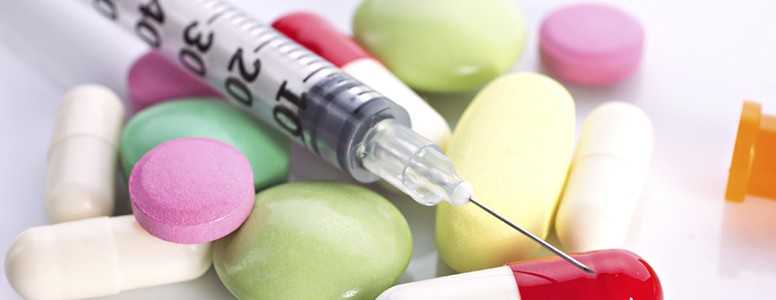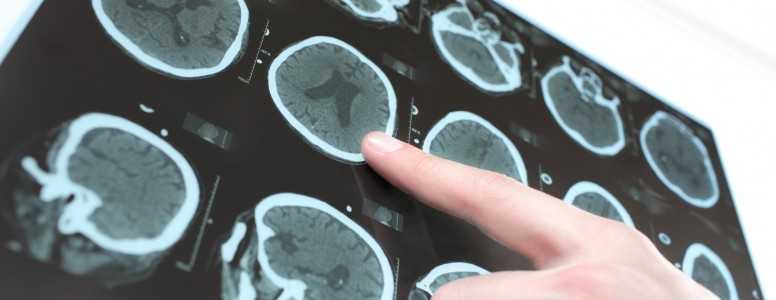The latest NHS prescribing figures show that prescriptions for diabetes medications have risen by 80 per cent in the space of a decade.
The figures come from the Prescribing for Diabetes: England 2006/07 to 2016/17 report. By contrast, non-diabetes prescriptions rose by 46 per cent over the time period.
The rise in diabetes drug prescriptions is being driven by a number of factors.
One of the main factors is that more people are being diagnosed with diabetes, and particularly type 2 diabetes, than ever before. Diabetes UK reports that diagnosis rates have risen by 54 per cent in this time period.
Another main factor is the fact that the low-fat diet that people are advised to follow is not effective enough in reducing blood sugar levels. As a result, people with type 2 diabetes on a low-fat diet are reliant on medications to lower their blood sugar.
Fortunately, the tide is beginning to turn and a growing number of people with diabetes and doctors are recognising that low-carb diets are not only more effective at lowering blood sugar levels but can also prevent people needing to take so much medication.
We have previously reported how Dr David Unwin had saved his Norwood surgery £45,000 on diabetes drugs thanks to his low-glycemic index (low-GI) approach. Dr Unwin helped his patients to stop eating high-glycemic foods such as bread, rice, pasta and cereals and move to less processed, natural foods.
The approach helped the patients to lower their high-carbohydrate intake and this allowed many of them to control their type 2 diabetes very well with less need for medication. A number of patients were able to come off their diabetes medications altogether.
Dr Unwin’s approach was inspired by members of the Diabetes.co.uk Forum who had shown similar success on their own initiative.
Diabetes.co.uk has been flying the flag for healthy low-carb eating for many years. In November 2015, we launched the Low Carb Program which has seen over 240,000 people sign up to take control of their diabetes.
Members of the program have reported excellent results in terms of their diabetes control. HbA1c levels have dropped by 12 mmol/mol (1.1%) on average and many people have reported needing less or no diabetes medication.
Lower reliance on medication is beneficial in a number of ways. As well as helping to save the NHS money, it also reduces the risk of medication side effects.
To benefit from the low-carb approach, join the Low Carb Program today.
What's new on the forum? ⭐️
Get our free newsletters
Stay up to date with the latest news, research and breakthroughs.



